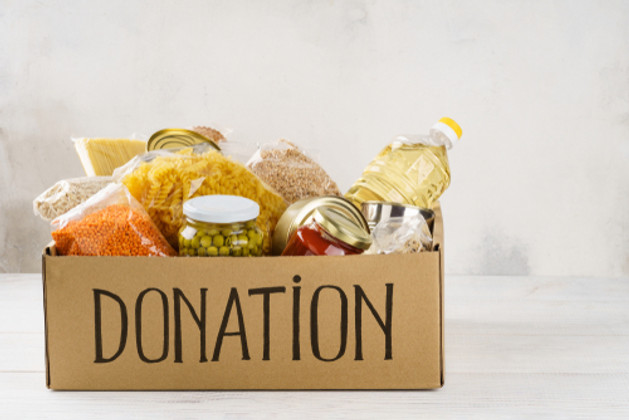Bulk Grocery Shopping: What to Do with Excess Food
Posted by Amani on 2023 May 7th
Buying groceries in bulk can save you money and reduce packaging waste. However, there may be times when you end up with more food than you can consume before it goes bad. In this blog post, we'll provide suggestions on what to do with excess food from your bulk purchases to minimize waste and get the most out of your investment
Preserve Your Food-
Extend the shelf life of your excess food by preserving it. Canning, freezing, dehydrating, and pickling are all excellent methods for preserving fruits, vegetables, and meats, ensuring they last longer and remain fresh
Cook and Freeze Meals-
Prepare large batches of meals using your excess ingredients and freeze them for future consumption. This not only saves time but also helps reduce food waste by utilizing ingredients before they spoil
Share with Friends and Family-
Consider sharing your excess food with friends, family, or neighbors. This not only helps to reduce waste but also allows you to share the benefits of your bulk shopping with others
Donate to Food Banks or Shelters-
Many food banks and shelters accept donations of non-perishable food items. Check with your local organizations to see if they can use your excess food to help feed those in need
Organize a Community Food Swap-
Coordinate a food swap event in your community, where neighbors can exchange their excess food items. This is a fun way to reduce waste and try new foods without spending any money
Repurpose Leftovers-
Get creative in the kitchen by repurposing your leftovers into new meals. Turn excess vegetables into a stir-fry, or use leftover grains to make a hearty salad. The possibilities are endless
Compost Food Scraps-
If some of your food items have spoiled or are no longer edible, consider composting them to create nutrient-rich fertilizer for your garden. This helps reduce landfill waste and provides a sustainable solution for disposing of food scraps
Plan Your Future Purchases-
To prevent excess food in the future, track your food consumption and adjust your bulk purchases accordingly. Buy only the quantities you can reasonably consume before they spoil, and consider splitting bulk items with friends or family members if you don't need the full amount
Learn Proper Storage Techniques-
Ensure that you're storing your bulk items correctly to prolong their shelf life and maintain freshness. Different foods have different storage requirements, so it's important to understand the best methods for each item
Educate Yourself on Food Expiration Dates-
Become familiar with the differences between "sell-by," "use-by," and "best-by" dates to make informed decisions about when to consume or discard food. Often, food is still safe to eat after these dates, so understanding them can help prevent unnecessary waste.
By following these tips, you can minimize waste from your bulk grocery purchases and make the most of your food items. Reducing waste not only saves you money but also contributes to a more sustainable and environmentally friendly lifestyle.






















